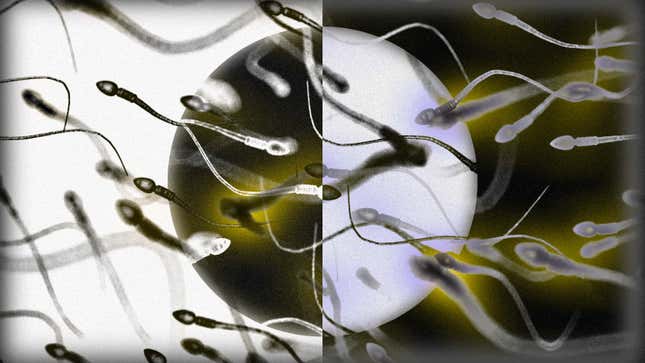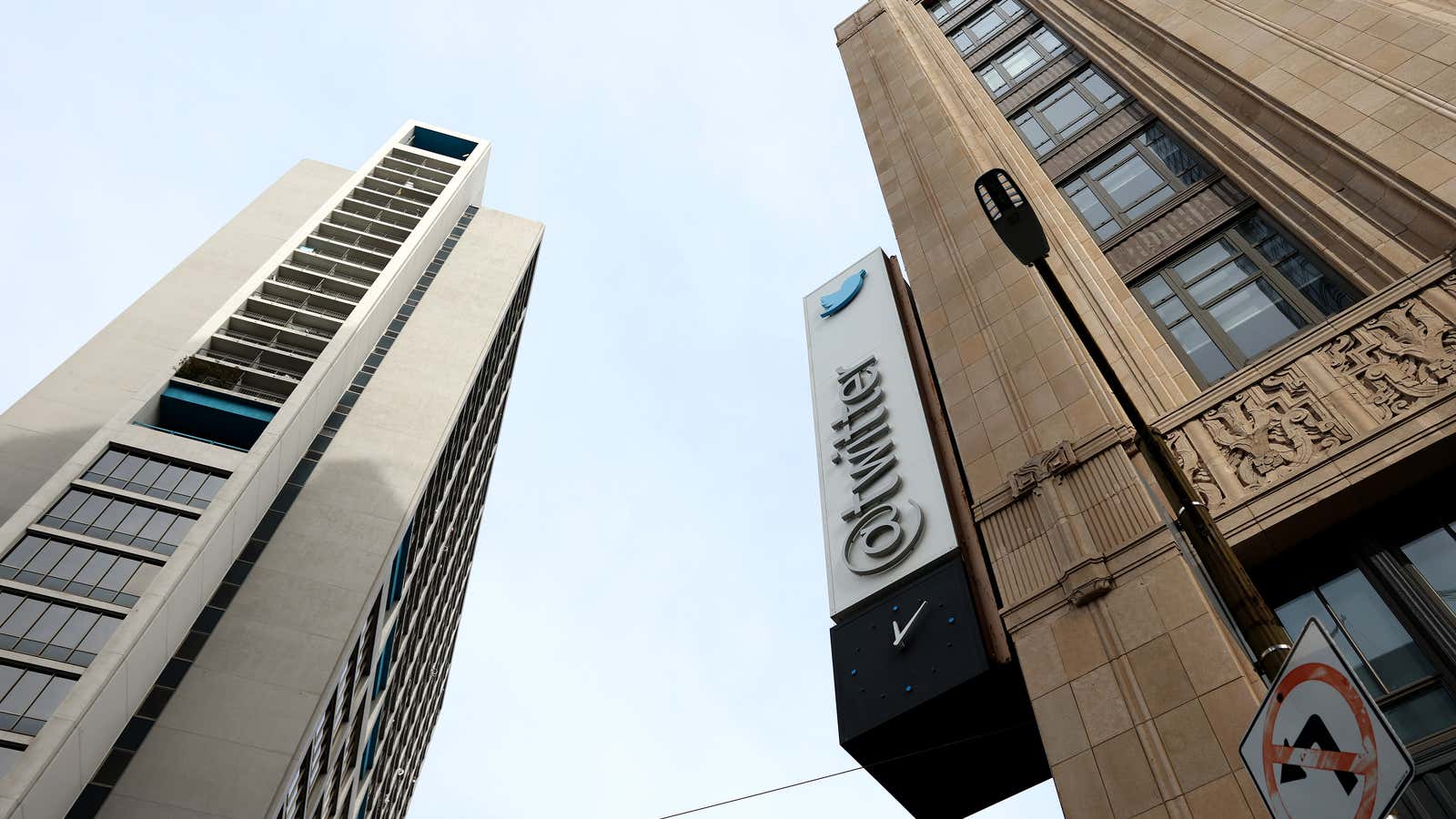Good morning, Quartz readers!
Here’s what you need to know
Twitter layoffs reverberated through Silicon Valley. At a time when several tech companies are cutting jobs, Elon Musk’s firing style is making a lot of noise—and reportedly faces a class action lawsuit.
This US midterm cycle saw record spending from billionaire donors. Most of the estimated $880 billion spent in the election so far has benefited Republicans.
Tiger Global Management paused investments in Chinese equities. The investor made billions by pumping money in Chinese tech companies, but geopolitical risks have become too large to ignore.
Saudi Arabia picked Apple supplier Foxconn to build electric vehicles. The resulting new brand, called Ceer, aims to produce the first cars by 2025.
Colombia’s $4 billion tax reform became law. The bill increased taxes on oil and coal firms, the wealthy, as well as single-use plastic and unhealthy food.
The Brooklyn Nets suspended Kyrie Irving for five games without pay. The NBA team castigated the player for failing to disavow anti-semitism—he finally apologized after the suspension was announced.
The world’s biggest climate summit kicks off Sunday (Nov. 6).
Sign up for our Need to Know: COP27 newsletter to follow everything from the 2022 UN climate conference in Egypt.
What to watch for
If some US lawmakers have it their way, Nov. 6 would mark the last time the clocks fall back and daylight saving time ends.
In March, the Senate unanimously voted to pass the Sunshine Protection Act, which would make daylight saving time (DST) permanent. The bill still needs to pass the House—it’s currently “held at desk” as there’s similar legislation under consideration—and then have the president sign it into law. If that happens, once the clocks spring forward in March 2023, they won’t change back: daylight saving time would become the new normal.
Proponents argue that more daylight hours lead to more activity, whether commercial or physical. But not all businesses see perks. Perhaps all sides could agree that changing the clocks twice a year is a hassle for one’s body and mind, and quite annoying for the 70 countries around the world that still practice daylight saving.
Sperm bank regulation is a sticky subject

While sperm banks in the US have been around since the 1950s, growing societal acceptance of same-sex parents and single parents by choice has turned donor gametes into a $5 billion global industry.
Sperm donation in the US has had much less oversight compared to the UK, Australia, and many European countries. Some US states like Colorado are trying to change this, and momentum is building at the federal level to tighten the process. But the norms around using donor eggs and sperm already seem to be changing faster than the laws that govern them.
As former Quartz reporter Sarah Todd writes, regulating reproduction is a sticky ethical topic. It brings up important questions around what donor-conceived people are owed—not just by the parents who raise them, but by the entire ecosystem of individuals who bring them into existence.
Is ambition a scam?
In the 2010s, we were hustling, rising and grinding, and #girlbossing. Today, we’re trying to avoid burnout. What’s changed?
Our fifth and final episode of Work Reconsidered, a podcast about the changing workplace, explores the topic of ambition. Subscribe wherever you get your podcasts!
🎧 Listen to this week’s episode on: Apple Podcasts | Spotify | Google | Stitcher
✦ Can’t get enough Quartz? Grab a membership, now 50% off, to get exclusive content sent directly to your inbox. Peruse our Weekend Brief archive—you won’t want to miss the next edition.
Quartz’s most Musky
💀 Elon Musk is negotiating his new Twitter fees with Stephen King…
🤓 … and he doesn’t understand the purpose of Twitter’s blue checkmark.
😅 Plus, his first test of how to handle misinformation on Twitter didn’t go well…
🤑 … and he realized he needs Twitter’s advertisers.
👀 Here’s how Musk could change Twitter on the inside and on the outside…
Surprising discoveries
Crows can do a thing we thought only humans could do. Two corvids learned a cognitive ability called recursion in a matter of days.
Scientists made a 30-year cancer treatment breakthrough. They found a way to target previously “undruggable” proteins.
More deer would be alive if daylight saving time were permanent. A new study covering 23 US states shows deer-vehicle collisions increase when clocks go back.
Bicycle hearses may be coming to Paris. Undertaker Isabelle Plumereau thinks they bring an element of “soft mobility” to funeral proceedings.
Google put the nail in the coffin of Google Hangouts. As far as we know it was not rolled away in a bicycle hearse.
Our best wishes for a productive day. Send any news, comments, genius crows, and a Corncob TV subscription to hi@qz.com. Reader support makes Quartz available to all—become a member. Today’s Daily Brief was brought to you by Sofia Lotto Persio, Julia Malleck, and Morgan Haefner.
